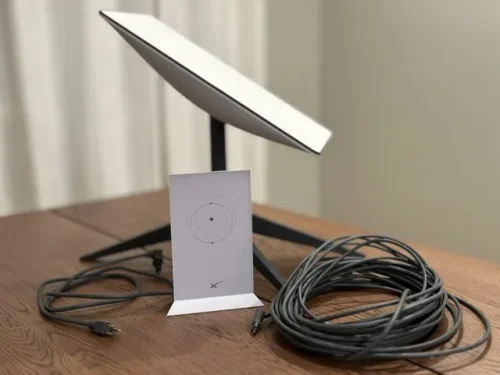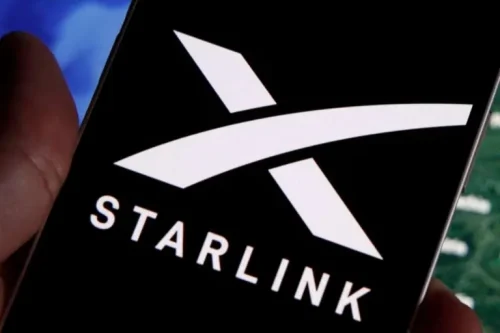
Starlink’s high pricing in Ghana raises concerns about affordability, especially compared to Nigeria, where services are nearly half the cost.
As Starlink, the satellite internet service provider, makes its debut in Ghana, its premium pricing model has sparked widespread concern about affordability for the average Ghanaian.
With a standard monthly subscription costing GH₵770, and the necessary hardware purchase and shipping fees adding up to GH₵5,744, many are questioning how accessible this service will be, particularly for low-income earners.
Dr. Kwami Ahiabenu, Director of Knowledge Innovations, Ghana, sheds light on Starlink’s approach, emphasizing that the company was built to solve a unique problem—providing global coverage and high-speed connectivity that local internet service providers struggle to offer.
He acknowledges that while Starlink’s prices may seem steep, they are reflective of the innovative and expansive model the company operates. Dr. Ahiabenu believes that as demand increases, Starlink’s prices may drop, potentially making it more affordable in the long run.

He also suggests that local internet providers might benefit from collaborating with Starlink, especially in remote or underserved areas where service options are limited.
Adding to the debate is the noticeable price disparity between Starlink’s services in Ghana and Nigeria. In Nigeria, Starlink’s services are priced at around GH₵374—nearly half the cost in Ghana. Barnabas Nii Laryea, an industry observer, explains that Starlink’s current pricing strategy seems to target high-value customers, which presents challenges in regions like Africa, where affordability is crucial for economic growth.
He attributes the lower pricing in Nigeria to factors such as the country’s larger market size and more competitive telecom environment. Laryea also suggests that differences in taxation between the two countries could be contributing to the pricing gap.

As Starlink continues its expansion in Ghana, these pricing concerns are likely to persist. While the service offers the promise of reliable, high-speed internet, its high cost may limit its reach among the majority of Ghanaians.
The comparison with Nigeria’s lower rates has led to discussions on whether Ghanaian stakeholders should lobby for more affordable pricing. The coming months will be critical in determining if Starlink can balance high-quality service with broader accessibility in the Ghanaian market.
Source:thehighstreetjournal




